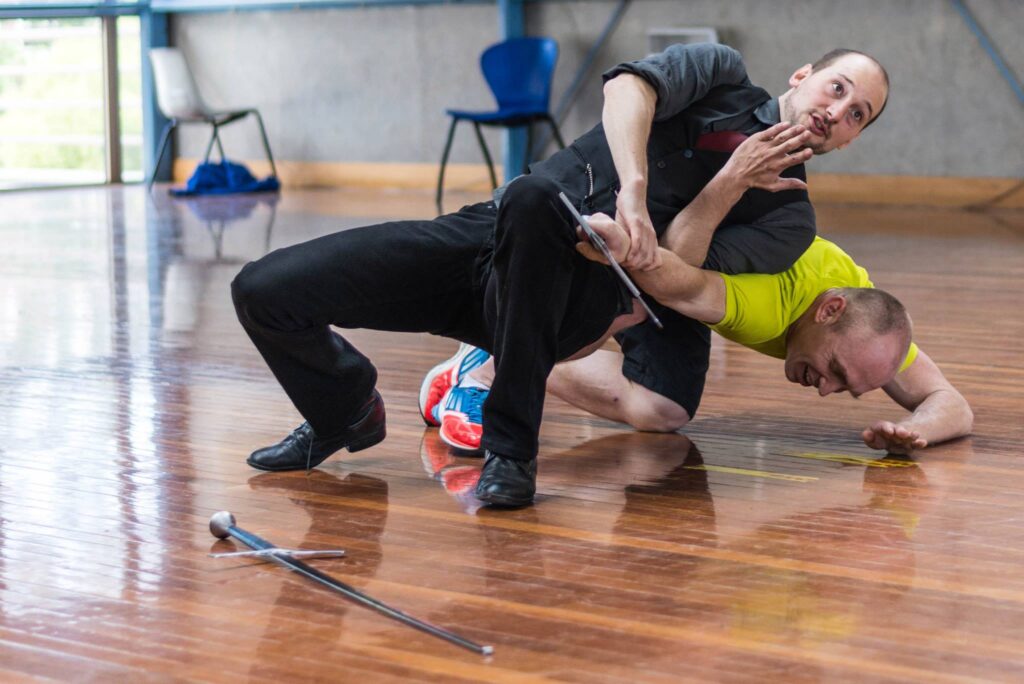
Reveal insights into participant experiences.
Discover Insights in Training
Martial Arts and related sports are viewed as a beneficial psychosocial exercise, used in many training programmes
and interventions. However, proving their effectiveness through empirical research is hindered by difficulties in defining exactly what participants experience in practice. As such, there is a need to define the essential components of the experience and to measure and quantify the learning associated with practice.
The Martial Arts Inventory offers a tool that reveals insights into student experiences.
- Gain precise understanding of student motivation and mindset
- Enhance training programs with data-driven feedback
- Identify strengths and areas for focused improvement
- Support student progress with actionable psychometric insights

Unlock Insights
Discover core benefits of our tool.

Supporting teaching and industry practices
- allowing training to implement control and consistency measures across schools and styles.
- help establish optimal experience values for each facet of training and ensure minimum standards are maintained.
- used for staff training, developing pedagogies, or even setting entry requirements for group membership.
- help solve problems like aggression by correlating specific behaviours with MAI facets.
- determine what a particular style, school, or teacher is actually teaching students.
- establishes relationships between MAI scores and beneficial outcomes, informing public expectations regarding the benefits of training.
Identifying beneficial and harmful training components
By quantifying student experiences, the MAI assists in determining which specific facets of training are more or less beneficial, or potentially even harmful, for a range of behavioural and psychosocial outcomes. This helps identify the “key ingredients” for positive development and how to mitigate negative outcomes.

Addressing limitations of existing classification systems
:Current ways of describing martial arts, such as by style name (e.g., Karate) or dichotomies (e.g., traditional/modern, soft/hard, internal/external), are often vague and fail to accurately capture the student experience. The MAI provides a more nuanced understanding, going beyond these broad terms
How MAI Works
Discover the precise steps to leverage Martial Arts Inventory for deeper insights into your training journey.
1
Step One: Assessment Setup
Begin by registering and customizing your profile to tailor the psychometric analysis to your martial arts practice.
2
Step Two: Data Collection
Engage with targeted questionnaires designed to capture your unique experiences and training dynamics.
3
Step Three: Insight Delivery
Receive detailed reports that provide actionable feedback, enhancing both student growth and instructor strategies.
